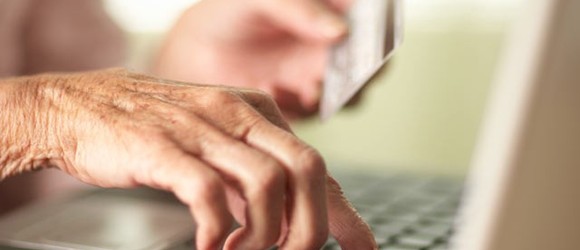
Caregivers of the Elderly Beware!
It is a complicated and sometimes worrisome responsibility to be the provider of care for your senior.
Besides the obvious need to provide safe accommodation, good nutrition and reliable medical support for them, you need to realize that there are many predators in the community who regularly target the elderly.
These criminals are creative and sly, realizing that they are preying on people who may be diminished both intellectually and emotionally. This means that the logical thinking of your senior may be less and their judgement, especially involving trust, may be lessened as well. These characteristics open the door for many fraud schemes.
To further add stress to the situation is the fact that your elder has spent their entire life building their financial security, possibly buying a home, setting up a retirement fund, and building an impeccable credit score.
Unfortunately, they are at risk to lose it all.
Awareness on your part is half the battle. Take time to research this on the internet using the search titles, “elder fraud” and “elder scams” to educate yourself on what is currently happening in your community.
Set down a few simple rules for your senior.
- Do not answer the phone when you are out of the home.
- Do not answer the door when you are out of the home.
- Anyone who is coming into the home to provide services will knock and then use the key that you have provided.
Other precautions could include:
- Visual reminders by the phone and the front door
- Supervisory care for your elder when you are out of the home
- Hiding valuables, bank books and bank accounts
- Have frequent informative and supportive talks with your senior regarding possible scams and their behaviour
- Constantly remind your elder that If it sounds too good to be true, it probably is.
One common form of fraud that involves both the senior and the caregiver is Medicare fraud. Medicare fraud often involves a corrupt doctor signing off on an unnecessary lab test or expensive machinery. These tests or products are often advertised as being “Free” in exchange for your Medicare numbers. These numbers are then used to charge you for extensive unneeded care.
As a caregiver for your senior you have taken on an admirable but complicated job.
Stay educated and be aware!!
